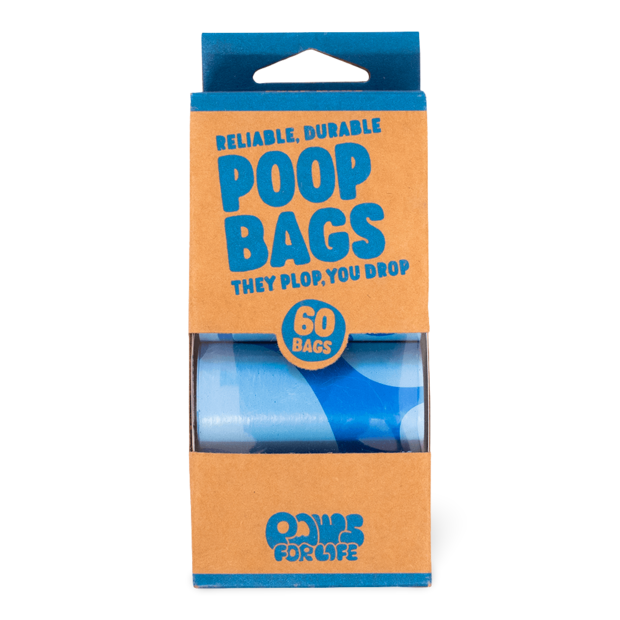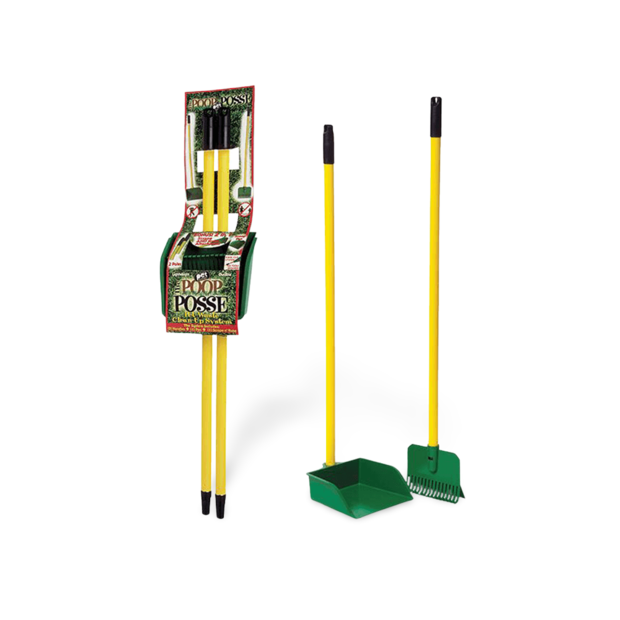How to Toilet Train Your Puppy
This article is written by Pet Circle veterinarian,
Adding a new puppy to the family is an exciting time, full of endless love and puppy kisses! Now that your pup has moved into your loving home, adjusting to life away from mum and siblings can be stressful. Your puppy is still learning how the world works and is entirely dependent on you to show them the ropes.
Unless you enjoy cleaning up messes, toilet training is probably one of the first things you'll want to teach your little ball of fur. Here's our guide to get you started with toilet training.
Need new puppy supplies?
Check out our Better Puppy Bundle - a complete vet-approved puppy essentials pack, designed to help tick off your 'new puppy checklist'. It contains parasite prevention, toys, treats, training aids, food vouchers, and more!
Filled with up to $230 worth of products, our discounted price ($49.95) makes for incredible value! This new puppy bundle is available in different sizes - for small, medium, or large breed pups.
How long does it take to toilet train a puppy?
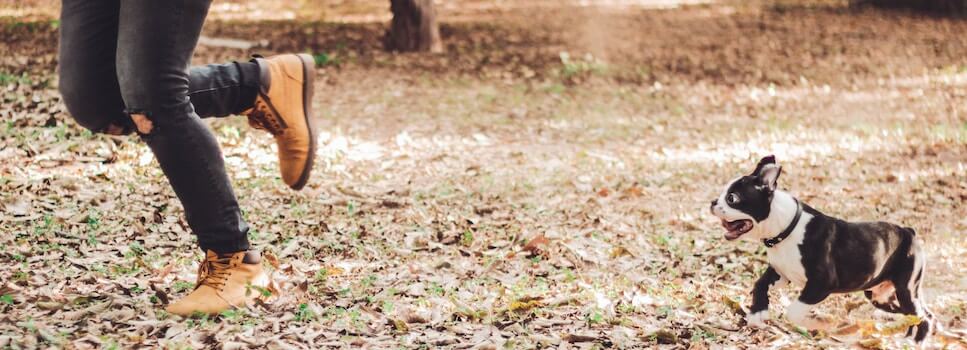
Always remember that every puppy is unique, so they may not progress in potty training as fast as other dogs. But have patience - they'll get there! Dogs instinctively want to please and most would do anything to impress their human. Following the tips below can help them get the idea quicker.
Embrace a Routine
Whether you are a seasoned dog parent or new to puppy care, you will soon notice that pups tend to follow a routine, and you can use this to help your pup get the hang of toilet training more quickly. Create a feeding schedule to make it easier to predict when your pup needs to go potty as they tend to do this after eating, waking up, and after play.
Supervision and consistency is KEY! Notice your pup's behaviour and take them to their toilet spot as soon as you notice signs of sniffing around or appearing unsettled. When you do take your puppy for a toilet break, use the same route, door, and area where you want them to potty every time to reinforce the routine.
Keep your pup's interest by using plenty of positive reinforcement when they toilet appropriately: affection, patience, treats, praise, or toys. Nothing beats being acknowledged as a 'good girl or boy!'
Be sure to praise them and give treats every time they get it right, and if they seem keen to have a play afterwards, let them enjoy some time outside with you as a reward.
Want to know more about the benefits of positive pet parenting and how to get started? Check out our New Puppy Guide for more on training, health, nutrition and behaviour.
Feed premium puppy food

What goes in must come out! The quality and amount of food you feed determines the frequency and amount of waste excreted. Premium puppy foods are formulated in a way that is balanced and packed with the nutrition your pup needs to grow. Stool and urine are by-products of metabolism, so the more unnecessary ingredients in your pooch's food, the more toilet breaks they'll need to have!
Want to know more? Find out why premium pet foods are better value for money. Less food needed + firmer stools + overall vitality = great value for money + less landmines in the yard.
Consider Crate training
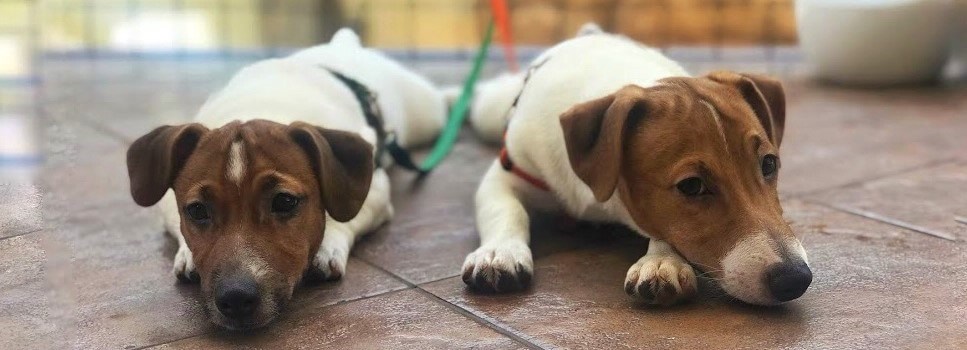
Crate training establishes your pup a territory in your household and gives them confidence. Dogs have the basal instinct to keep sleeping and eating area clean and crate trained dogs will naturally preserve this habit. Learn more by reading our article: Crate Training Your Puppy
How to toilet train a puppy inside
Training your puppy to toilet indoors follows the same principles as teaching them to toilet outdoors. When you notice the signals that your pup needs to go to the toilet, take them to their indoor toilet spot, and stay with them. Praise and reward them when they get it right!
Top Pet Toilets
In case of accidents...
Supervise your pup in all areas of the house, so as to reduce the risk of accidents. Over time you may increase the area your pup can access as their toilet training progresses. Remember that accidents happen. If your puppy toilets in the house, stay calm and avoid any anger or scolding. They might interpret your anger or frustration as punishment for relieving themselves in general and may develop sneaky habits or avoid going within your presence. Calmly clean up after your puppy using an enzymatic cleaner to remove the scent from the wrong area and get back to enforcing your routine.
Gear up for the clean up
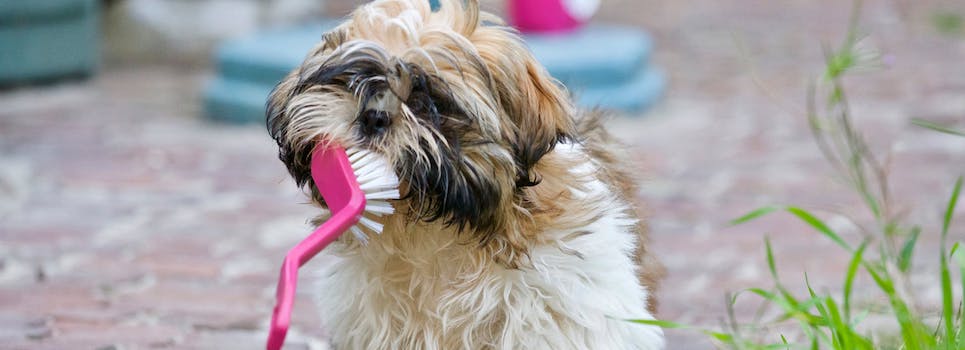
Cleaning up quickly after your puppy has an accident is a must for every pet parent. Not only does this promote cleanliness and overall hygiene, removing traces of the crime scene helps to prevent your pup from wanting to re-offend. Stock up with poop bags, enzymatic cleaners, pet wipes, training pads and lots of patience.
Did you know? Studies show that a dog making eye contact while doing their deed is a sign they trust you to keep a guard from possible predators during their most vulnerable moments. Blinking at you while pooping could be, "thanks for having my back, mate!"
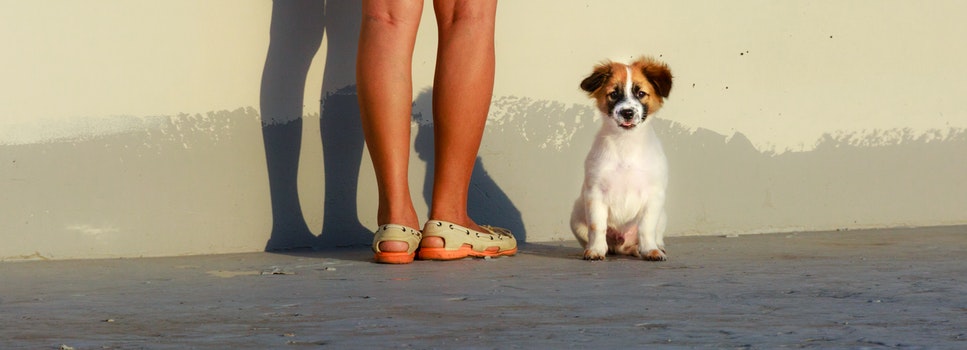
More articles for new puppy parents
Choosing Toys for Your New Puppy
How to Teach Your Puppy to Sit
The Importance of Socialisation
Choosing a Flea, Tick and Worming Product
Want to know more? Check out our Discover Page for more tips from our expert Vets on keeping your pets happy and healthy.
































